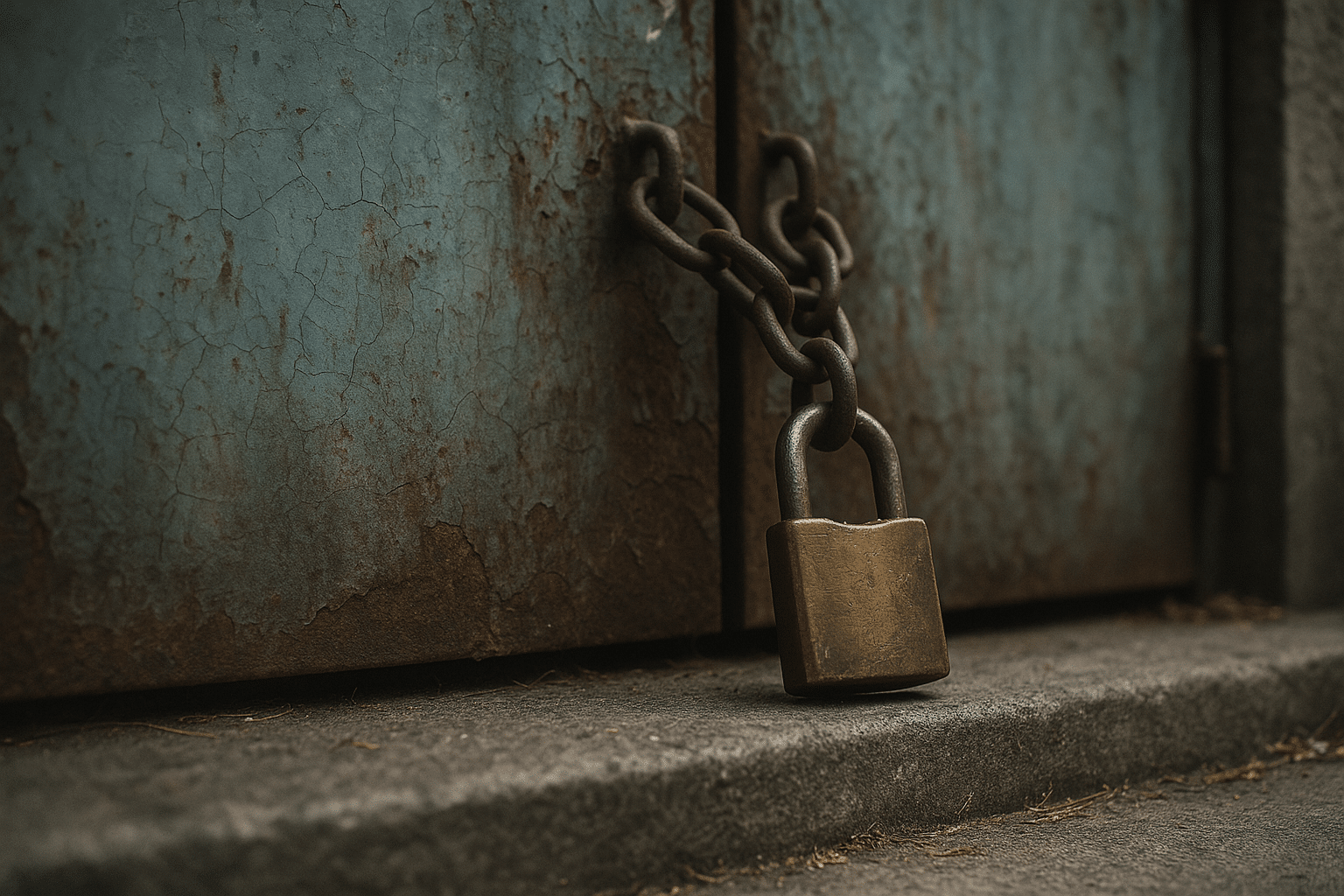
Understanding Bladder Health: A Comprehensive Guide
Introduction to Bladder Health
Bladder health is a crucial aspect of overall well-being that often goes unnoticed until issues arise. The bladder, a muscular sac in the pelvis, plays a vital role in storing urine before it is excreted from the body. Maintaining its health is essential to prevent discomfort and potential complications. Understanding bladder health involves recognizing its function, common disorders, and the lifestyle choices that can support its optimal performance.
The bladder’s primary function is to collect and hold urine produced by the kidneys. A healthy bladder can store urine comfortably and signal the need to urinate at appropriate times. However, various factors, such as age, diet, lifestyle, and medical conditions, can affect bladder health. By exploring these elements, individuals can take proactive steps to maintain their bladder’s well-being.
This article delves into the significance of bladder health, common ailments, preventive measures, and practical tips for fostering a healthier bladder. Whether you are experiencing bladder issues or simply wish to safeguard your health, understanding bladder health is a step towards improved quality of life.
Common Bladder Disorders
Bladder disorders can significantly impact daily life, causing discomfort and inconvenience. Recognizing the signs and understanding the causes of these disorders is the first step towards effective management. Here are some prevalent bladder conditions:
- Urinary Tract Infections (UTIs): These infections occur when bacteria enter the urinary tract, leading to symptoms like frequent urination, burning sensation, and cloudy urine.
- Overactive Bladder (OAB): Characterized by a sudden urge to urinate, OAB can result in frequent urination and nighttime awakenings.
- Interstitial Cystitis (IC): This chronic condition causes bladder pressure, pain, and sometimes pelvic discomfort, often mistaken for a urinary tract infection.
- Bladder Stones: These are hard masses of minerals in the bladder, which can cause pain, difficulty urinating, and blood in the urine.
Understanding these disorders aids in early detection and treatment, which is crucial for maintaining bladder health. Consulting a healthcare professional for accurate diagnosis and management is recommended if you experience any symptoms.
Preventive Measures for Bladder Health
Prevention is always better than cure, and this holds true for bladder health. Implementing simple lifestyle changes can significantly reduce the risk of bladder disorders. Here are some preventive measures:
- Stay Hydrated: Drinking adequate water helps flush out toxins and bacteria, reducing the risk of infections.
- Maintain a Healthy Diet: A balanced diet rich in fruits, vegetables, and whole grains supports bladder health. Avoiding irritants like caffeine and alcohol can also help.
- Practice Good Hygiene: Proper hygiene, especially after using the restroom, can prevent infections.
- Regular Exercise: Physical activity promotes overall health, including bladder function.
These practices not only promote bladder health but also enhance overall wellness. Regular check-ups with a healthcare provider can further ensure that your bladder remains healthy.
Practical Tips for a Healthier Bladder
Incorporating practical tips into your daily routine can have a significant impact on bladder health. Here are some strategies to consider:
- Time Your Fluid Intake: Drinking most of your fluids earlier in the day can reduce nighttime urination.
- Bladder Training: This involves scheduling bathroom visits and gradually increasing the time between them to improve bladder control.
- Avoid Smoking: Smoking is linked to bladder cancer and other health issues, making cessation important for bladder health.
- Manage Stress: Stress can exacerbate bladder issues, so finding relaxation techniques like meditation or yoga can be beneficial.
By adopting these tips, individuals can support their bladder’s function and reduce the likelihood of developing disorders. Consistency in these practices is key to achieving long-term benefits.
Conclusion: Taking Charge of Your Bladder Health
Understanding and prioritizing bladder health is essential for maintaining an active and comfortable lifestyle. By familiarizing yourself with common bladder disorders, adopting preventive measures, and incorporating practical tips, you can take proactive steps toward a healthier bladder. Remember, early detection and management of bladder issues can significantly improve quality of life.
Whether you’re dealing with bladder concerns or aiming to prevent them, being informed empowers you to make choices that promote well-being. Consult healthcare professionals for personalized advice and continue to educate yourself about bladder health. Your bladder plays a crucial role in your body’s function, and taking care of it is a vital part of overall health.


